
Colombia’s El Tiempo and Puerto Rico’s El Nuevo Día recently got a nod from the Trust Project, an international consortium for accountability and transparency in newsrooms worldwide.

GIJN spoke to reporters from outlets based in Colombia, Honduras, and Mexico, as well as from two region-wide projects, to hear how they carried out their recent work, where they are innovating on this beat, and how they are changing the narrative about organized crime from a focus on kingpins to investigations into the impact of organized crime on ordinary people.

Disinformation and obstacles to accessing public information are some of the challenges that journalists from Bolivia, Colombia and Mexico have faced when covering issues related to water. Reporters shared recommendations to improve coverage of the water crisis, including the use of long-term and long-form reporting.
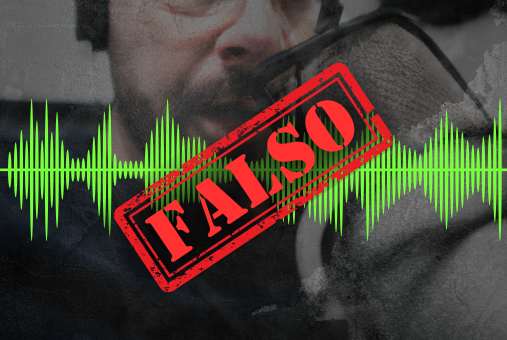
After presenting VerificAudio, an AI tool to detect manipulated audio material and combat disinformation, the PRISA media group will begin using it in its news stations in Spain, Mexico, Colombia and Chile. It’s also considering collaboration with other media that are interested in the tool.

Colombian investigative journalism outlet Cuestión Pública developed Odin, a tool that uses cutting-edge artificial intelligence methodologies to take advantage of information from its extensive databases to cover current events. Odin reduces content production time and allows verified and contextualized information to reach more readers.

After twelve years of investigating official advertising in Colombia, the Foundation for Press Freedom (FLIP) said that this public resource is used mainly by public administrations to censor the media and influence their editorial line, as well as for leaders to promote themselves as public figures.
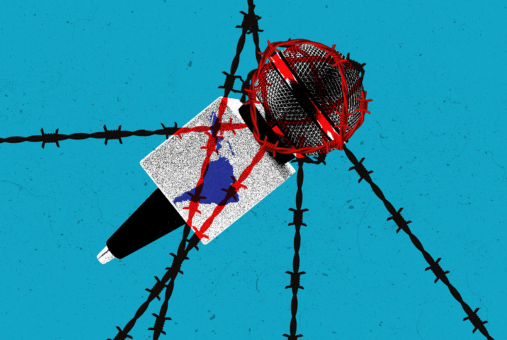
With their campaigns against independent media, the governments of several Latin American countries are beginning to threaten press freedom. Can Nicolás Maduro and Daniel Ortega's extreme of media blockages and closures be replicated?
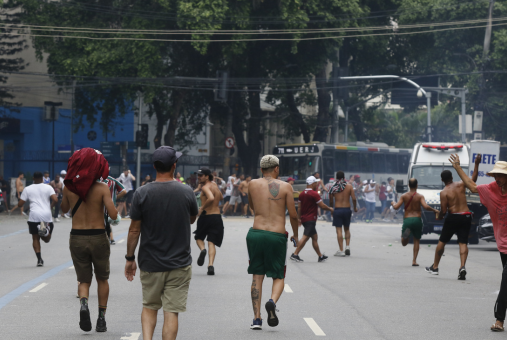
Cases of beatings, attacks and insults from fans against journalists have multiplied in many countries in Latin America. Behind the attacks, there may be new codes of conduct among violent fans and a deep intolerance for difference.
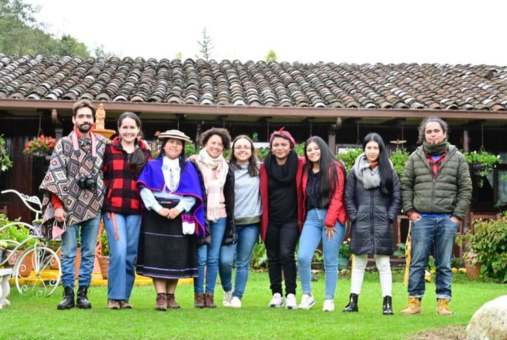
Red Tejiendo Historias, a project of digital media outlet Agenda Propia, is working on a security protocol for journalists and communicators reporting in Indigenous territories of Latin America. It’s based on two manifestos the network has written that call attention to risks they face when reporting.
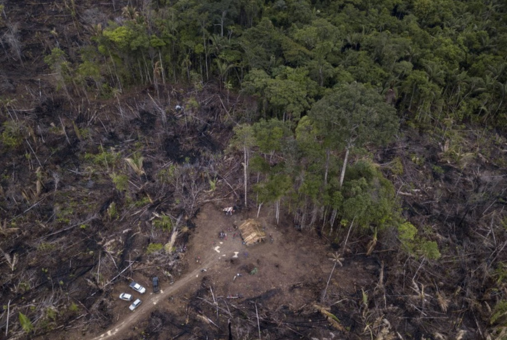
Environmental and climate journalists face extreme risks, including physical and legal threats, when reporting on environmental degradation, according to a new report from the International Press Institute. In Latin America, organized crime, businesses and corrupt state forces represent the main threats to these professionals, Barbara Trionfi, author of the report, told LJR.

Journalists selected for the first Spanish edition of the JournalismAI Academy for Small Newsrooms will seek to learn how to take advantage of artificial intelligence to optimize processes, reduce workload, improve audience engagement and strengthen sustainability. Media from 15 Latin American countries will be represented in the eight-week program.

With interactive games, independent media outlets Cuestión Pública and Convoca, from Colombia and Peru, respectively, seek to bring the news to younger audiences, to contribute to greater media literacy and to present complex investigations in a playful way.